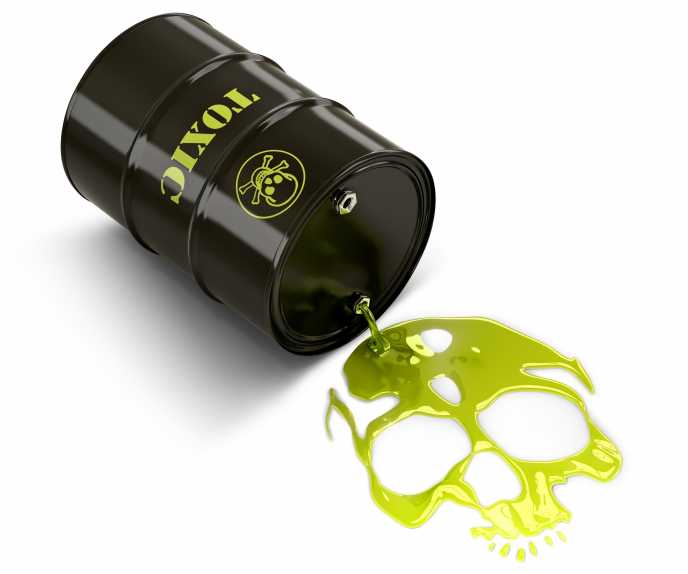The European Commission has taken major steps in the way it reviews and approves toxic chemicals that are used to make consumer products which are available within the EU. They have just confirmed that legislation effectively banning six particularly toxic chemicals from the EU will be enacted within the next three to five years.
The inclusion of toxic chemicals in household products has been the subject of heated debates throughout much of the western world and the EU policy makers have been reviewing the approval system for chemicals in Europe since 2006.
The EU approval system, known as 'Registration, Evaluation and Authorisation of Chemicals' (or REACH), is focused on requiring manufacturers to provide evidence that the items they are producing are safe before they are allowed into the European marketplace. The EU believes this will lead to chemicals being included in products which are safer for both for people and the environment.
The EU regulating agency, European Chemicals Agency (ECHA), has confirmed there are 29 substances that they believe give cause for concern in regards to impacts on human health as well as the environment and this number is expected to raise to 135 over the coming year. Some of the substances ECHA are worried about include plastic softening phthalates, a flame retardant and a musk fragrance.
Whilst toxic phthalates in children's toys have been banned for over 10 years, there are still products on the market that children use every day which have snuck under the radar, such as erasers and pencil cases. But this latest decision means that without special exemptions manufactures will not be able to include those toxic chemicals listed by the ECHA in their products.
The announcement to prohibit these toxic chemicals is believed by some to be the culmination of one of the greatest lobbying fights in the history of the EU. ''Chemicals are everywhere in the modern world and some of them can be very dangerous,'' EU Environment Commissioner Janez PotoÄnik said.
''Today's decision is an important step towards better protecting our health and the environment''. Christian Schaible, of the European Environmental Bureau which recently published a report raising concerns over hundreds of different chemicals found in common household items, said ''we are pleased this has finally happened, but the pace is far too slow''.










